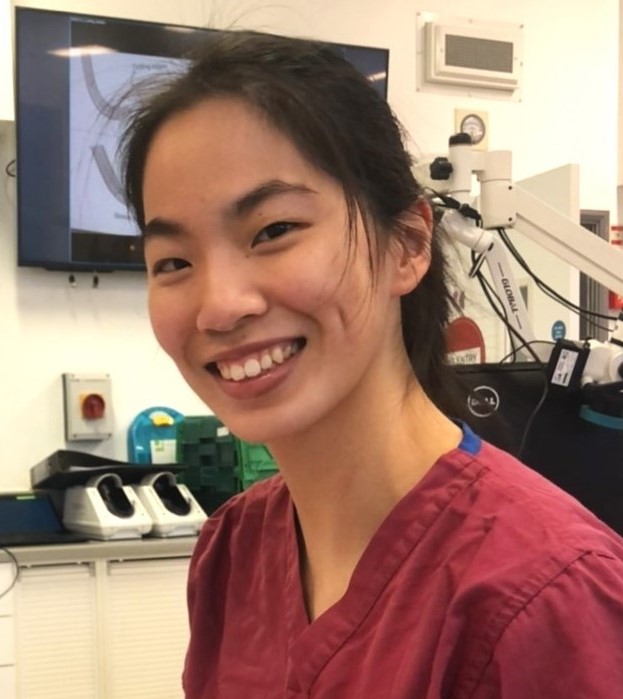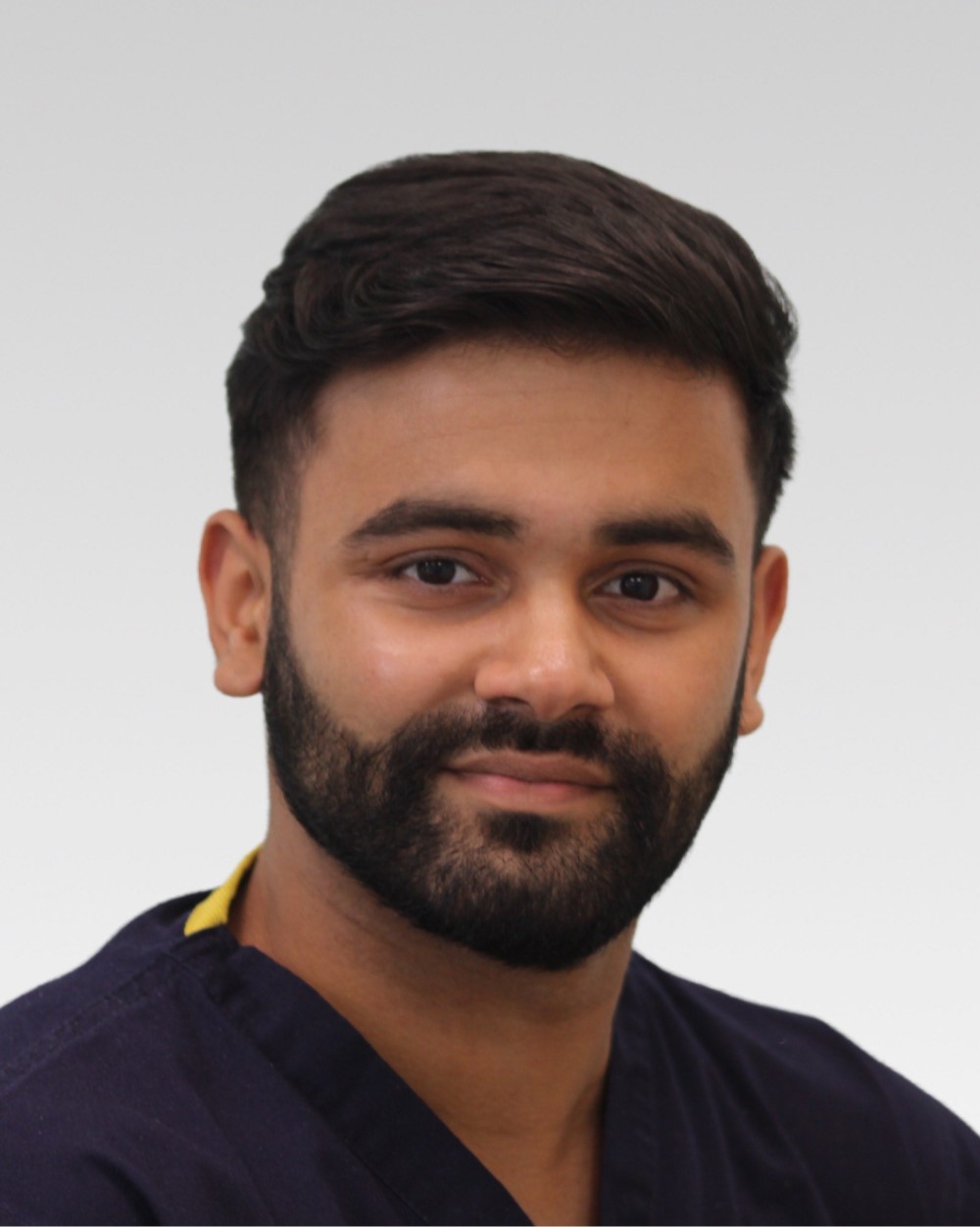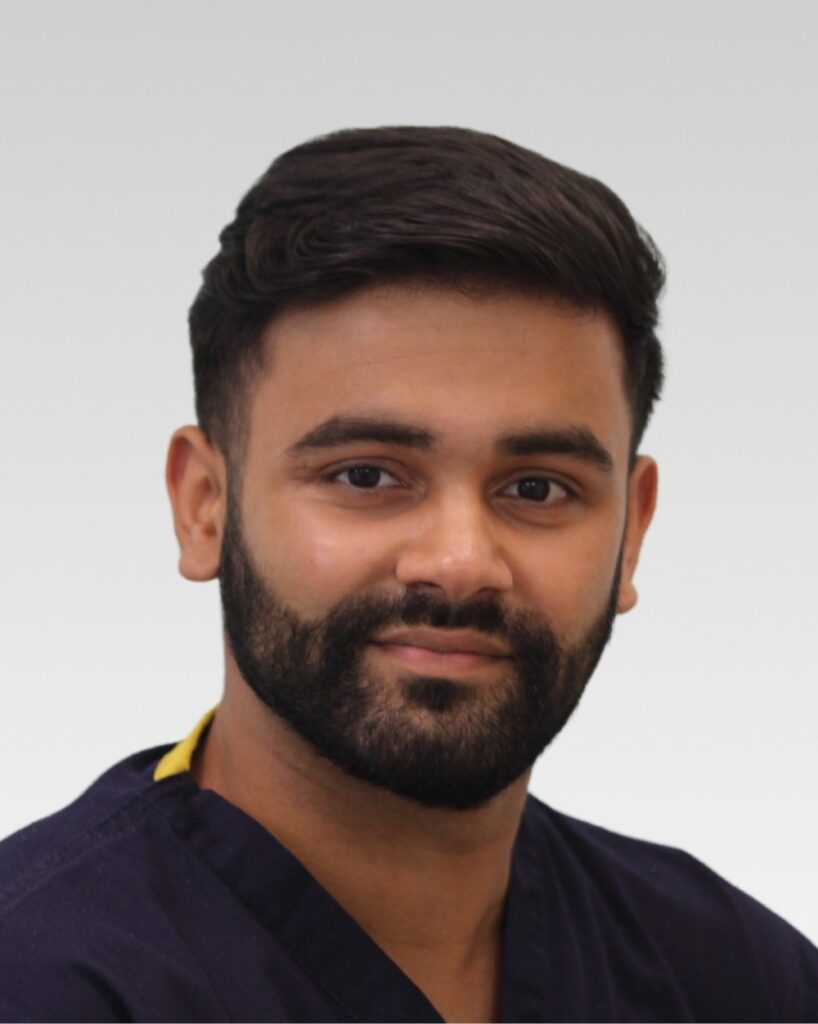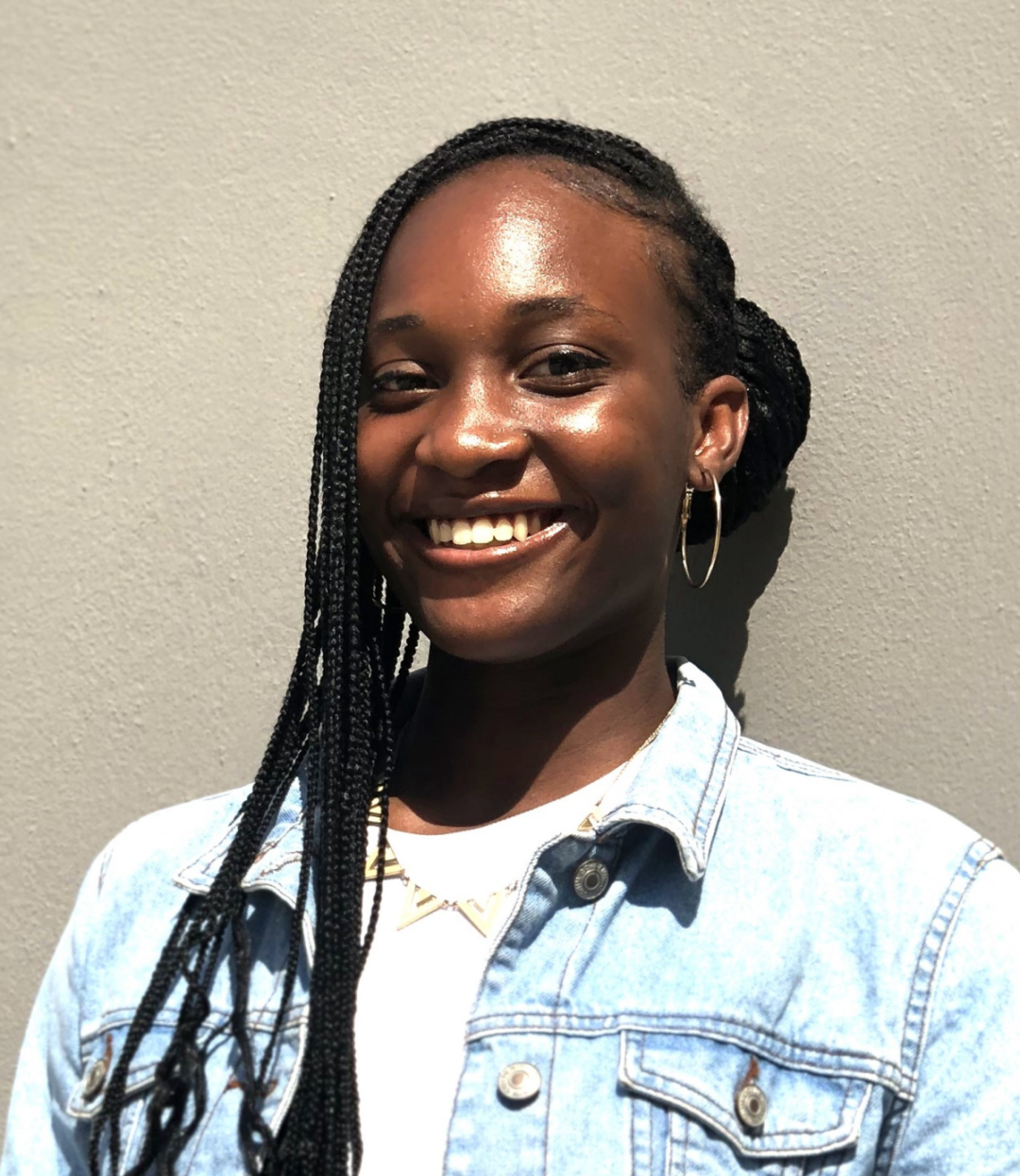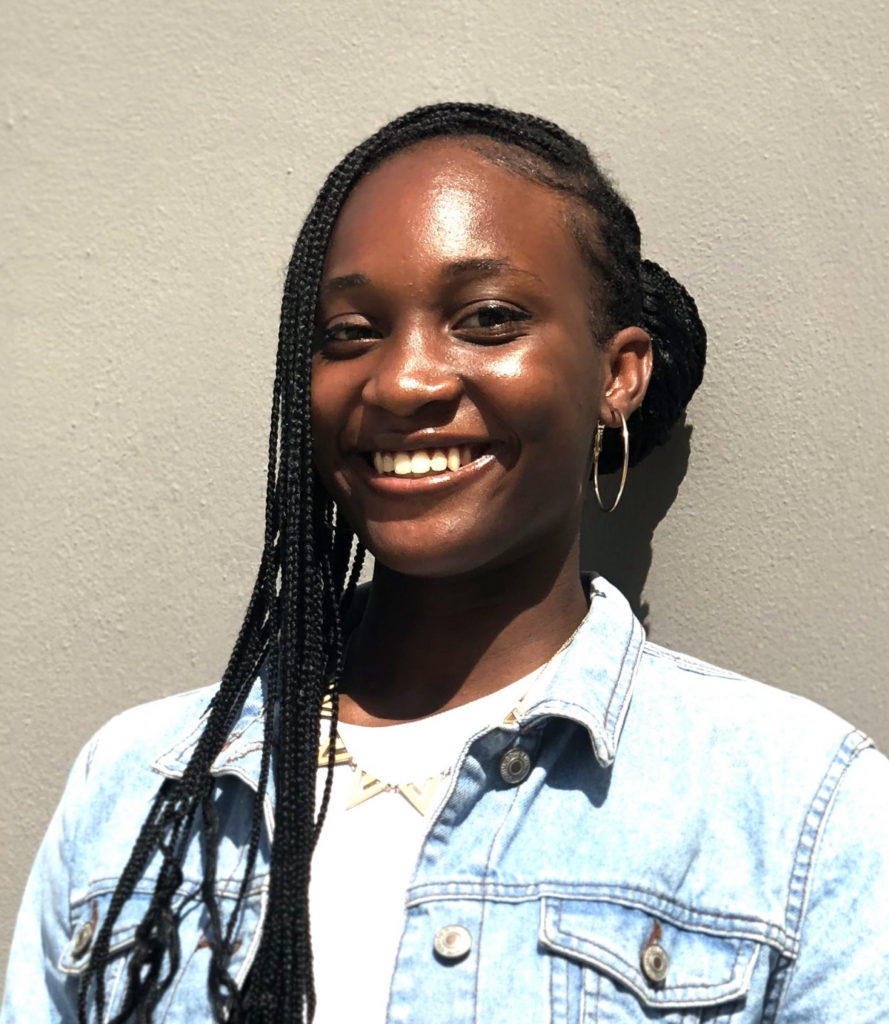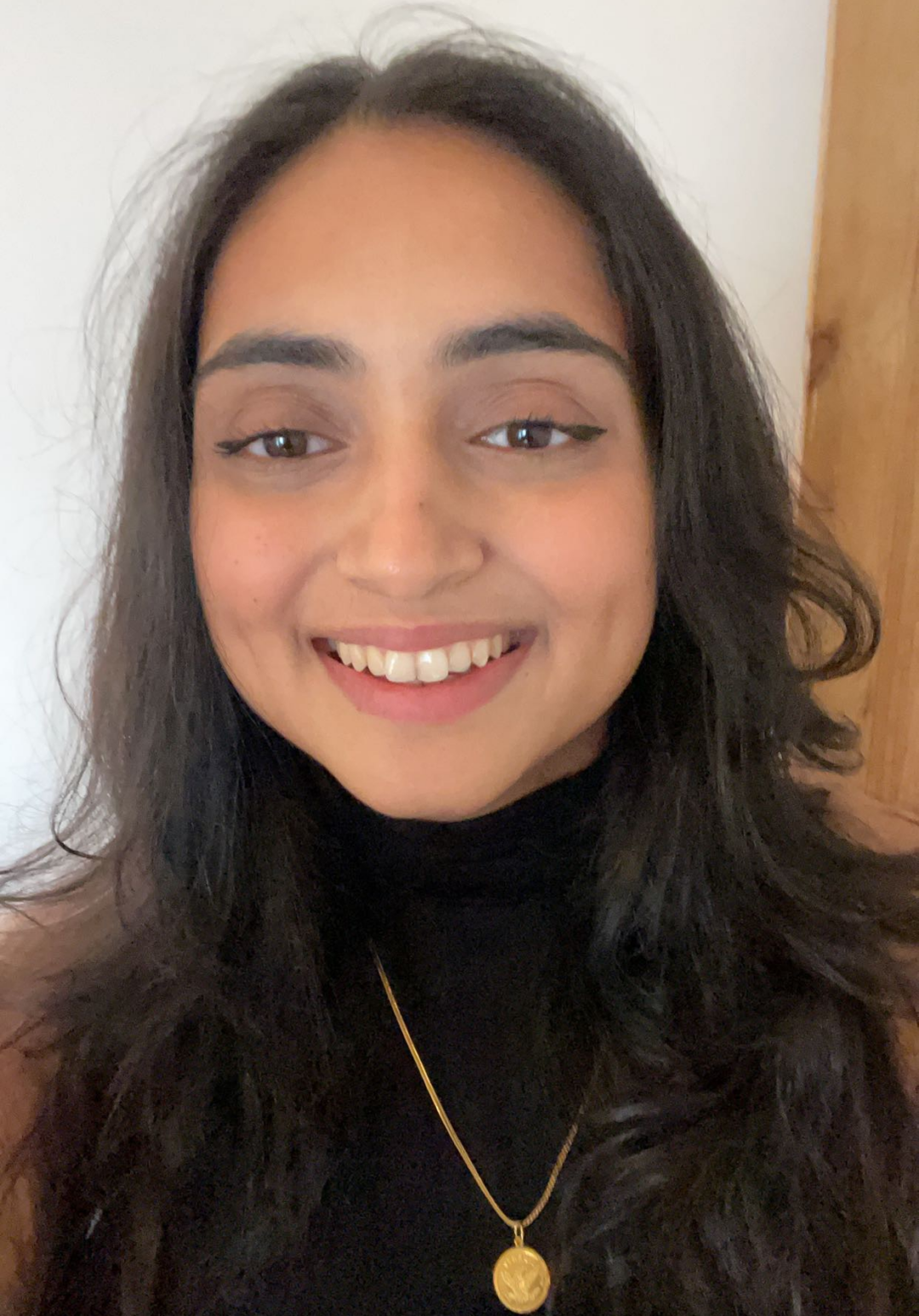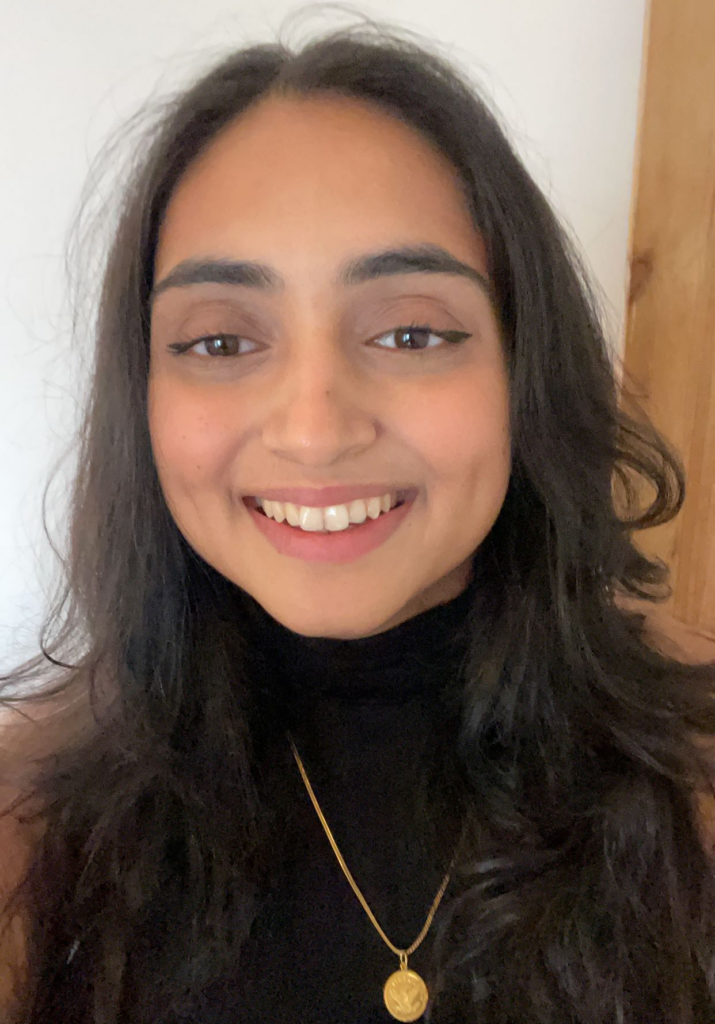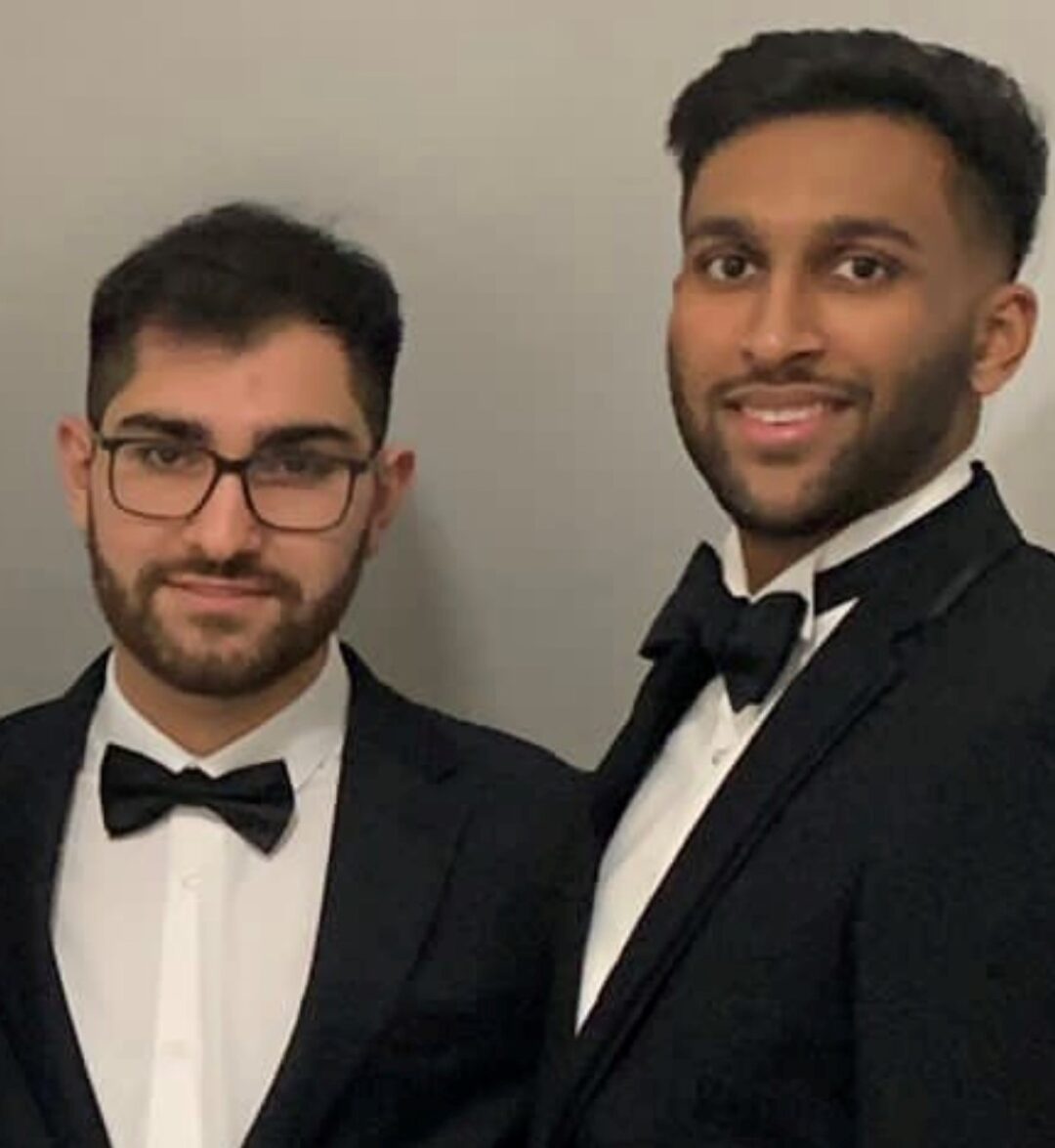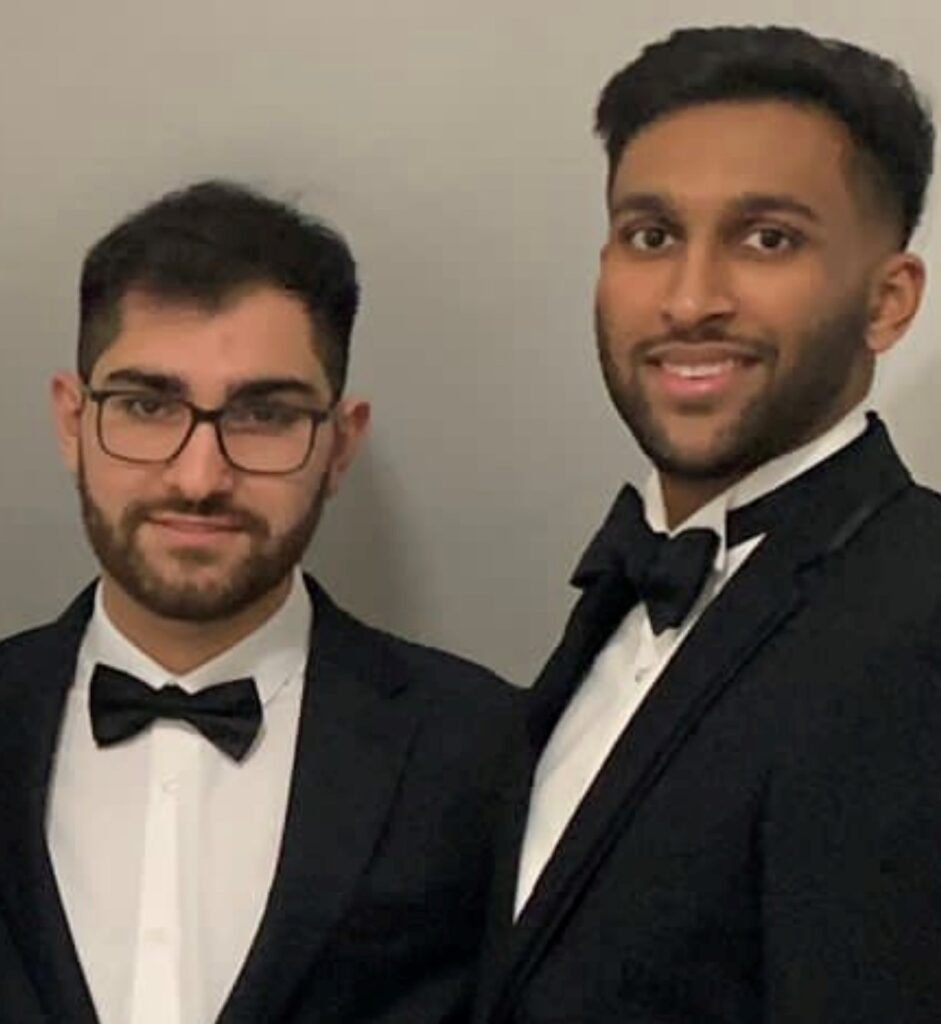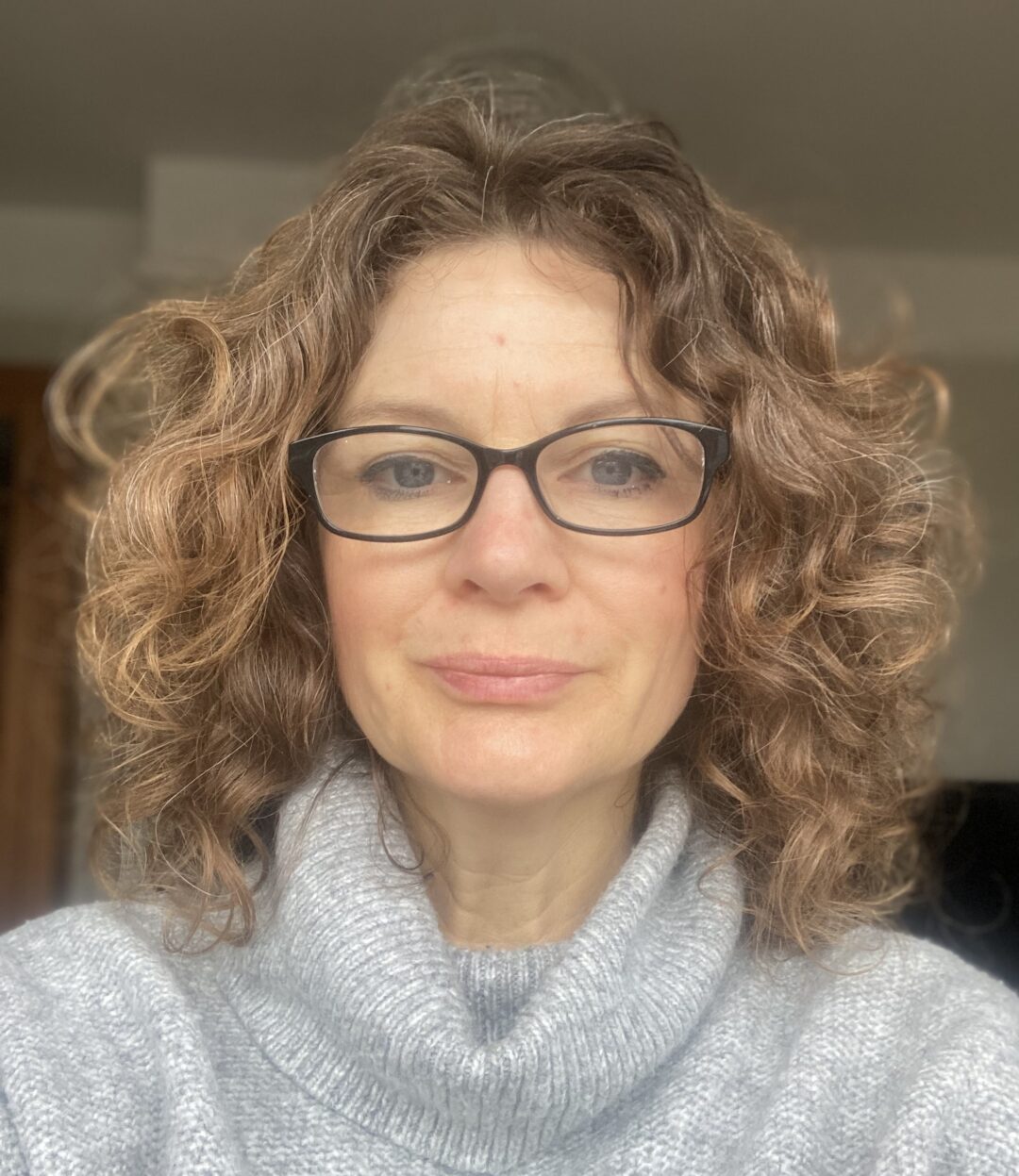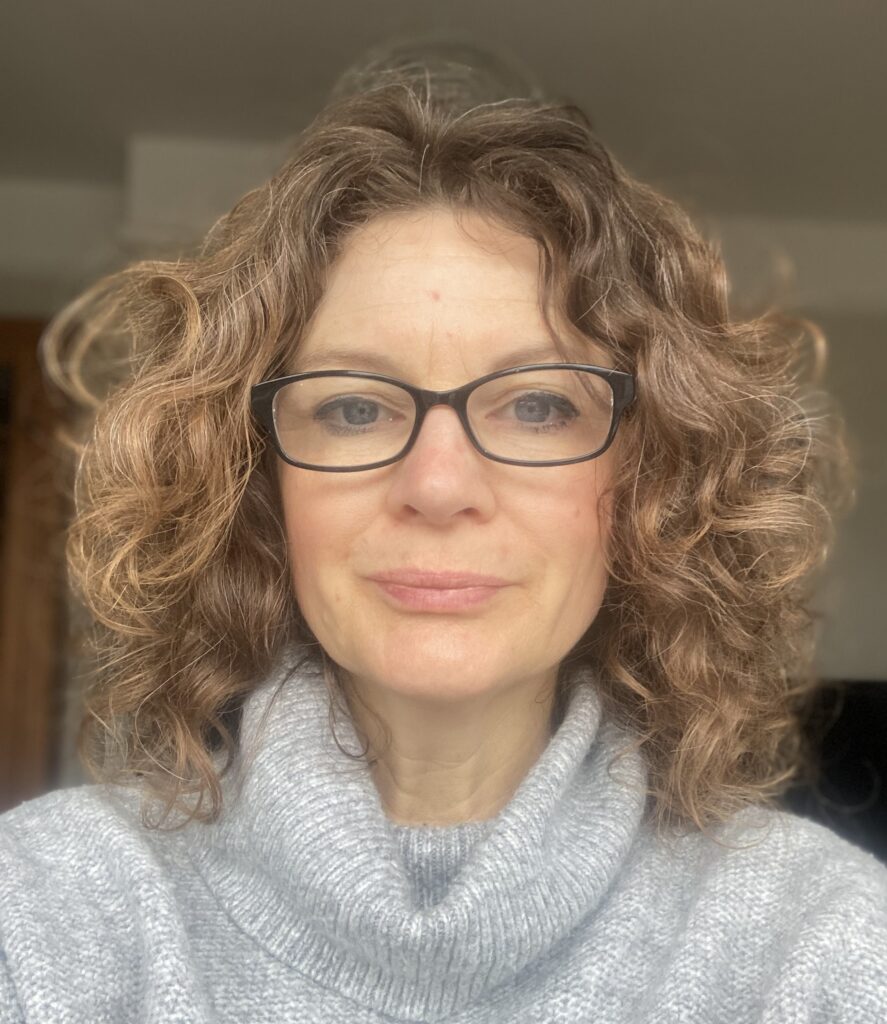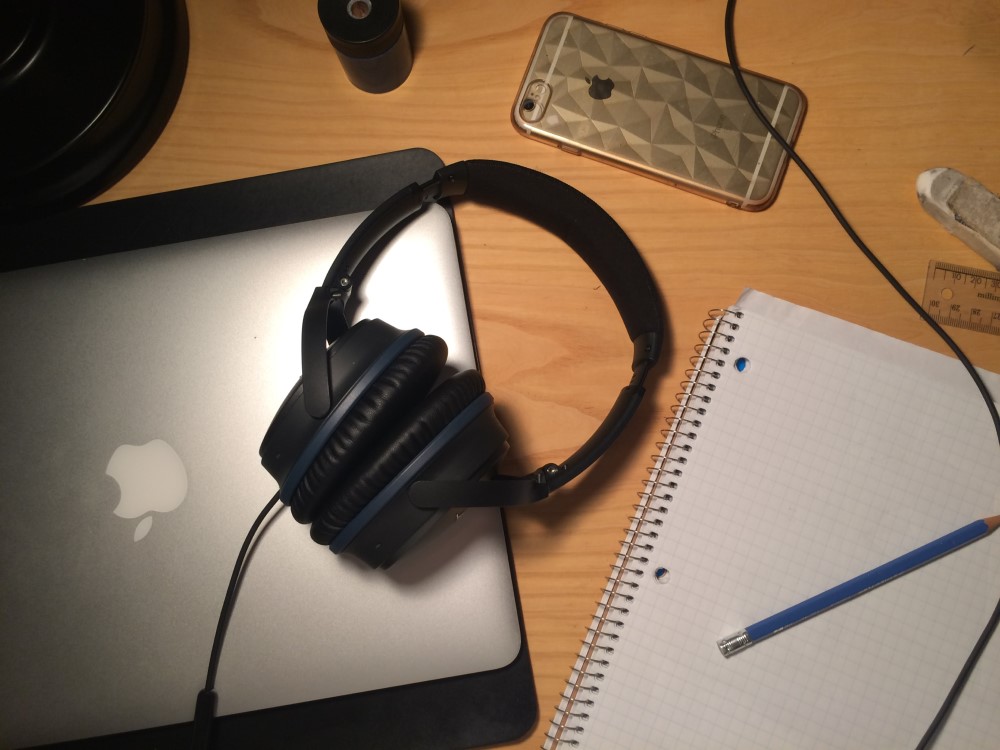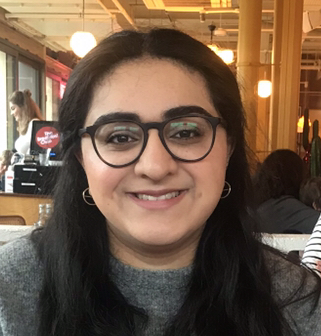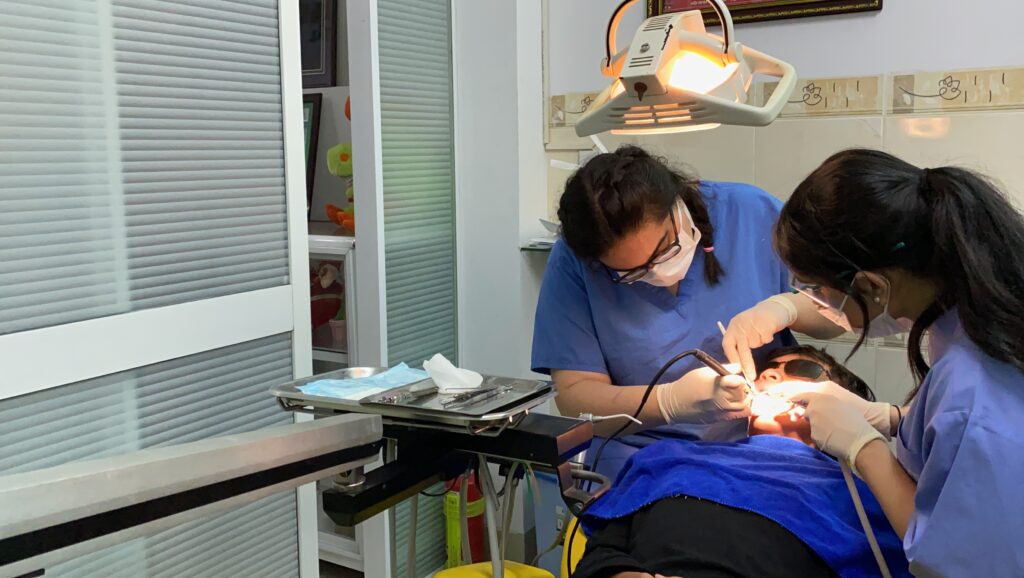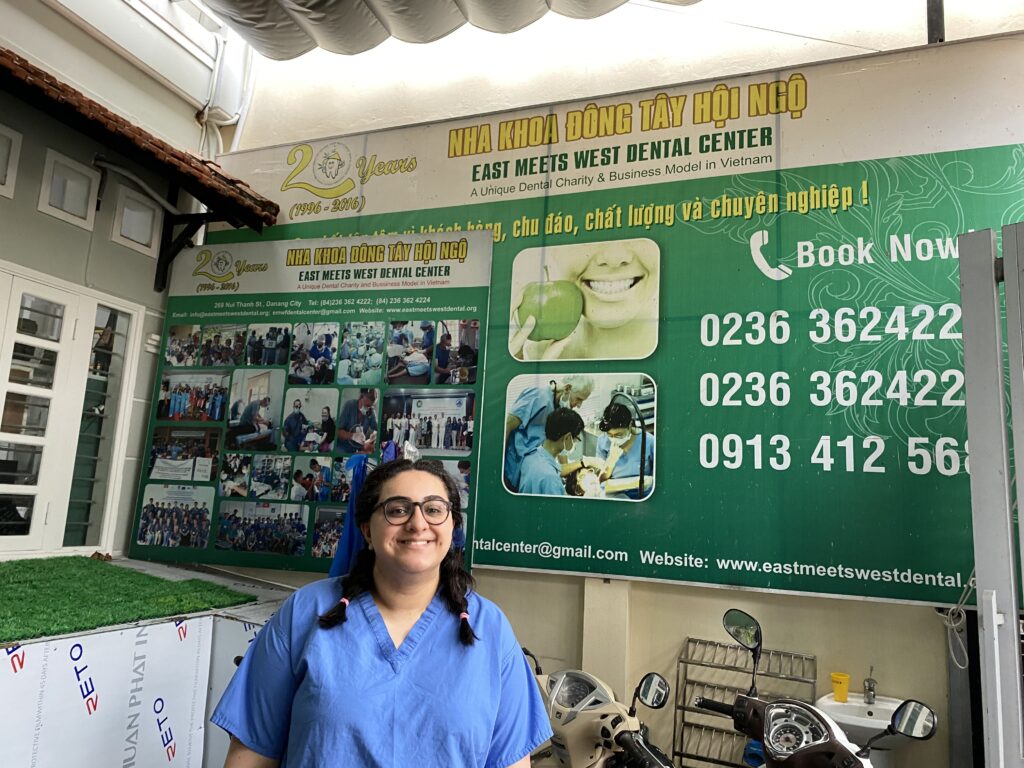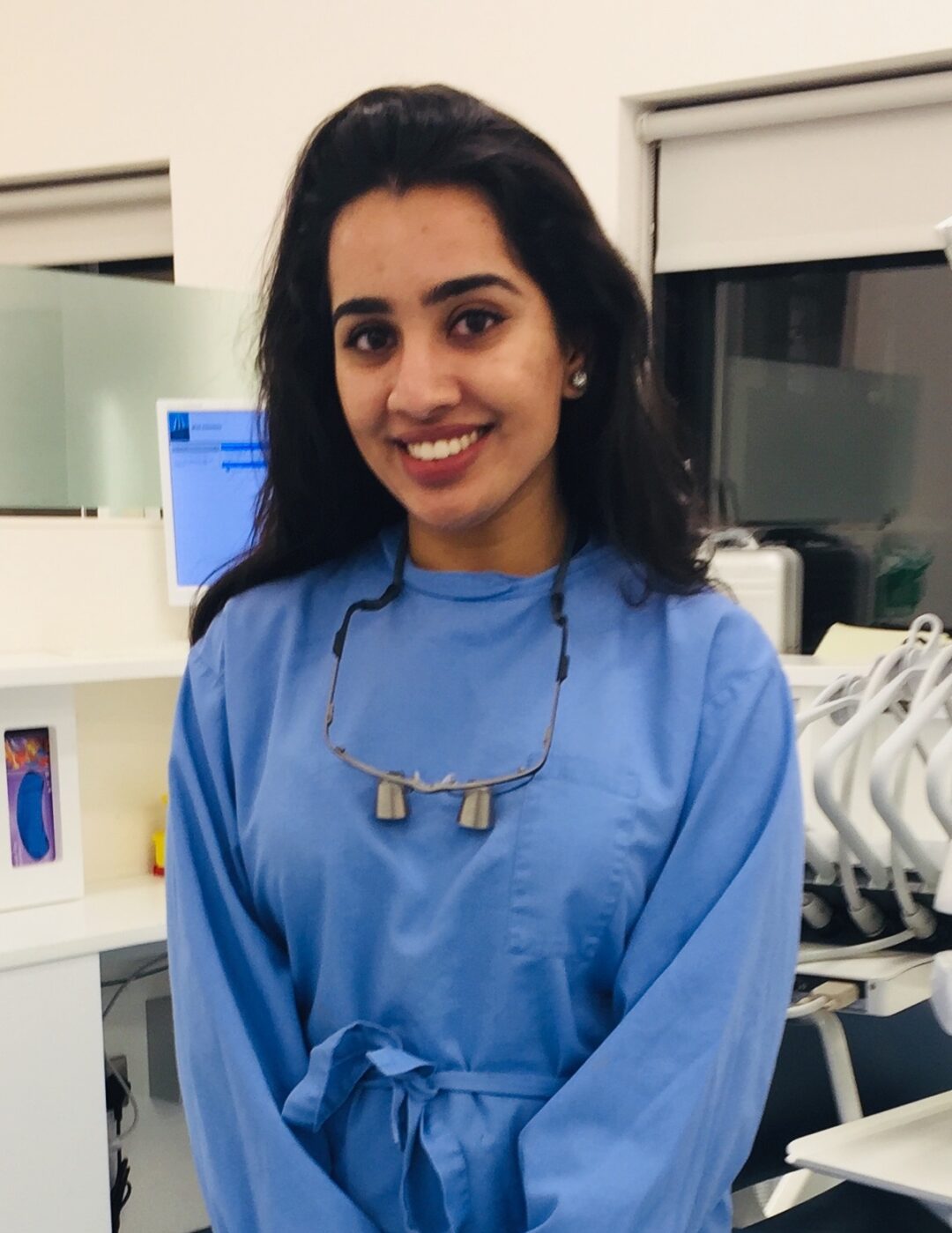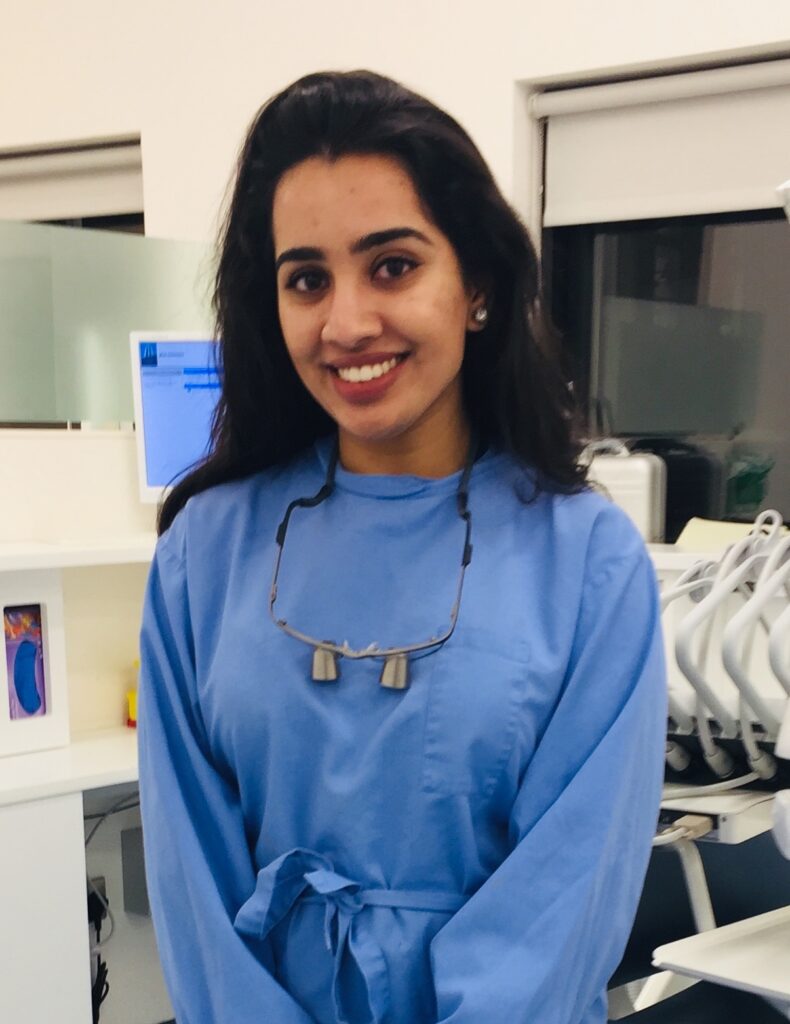Third year BDS student at the University of Birmingham and CGDent NextGen Ambassador, Christy Ng, offers advice on getting the most out of your holidays whilst at university.
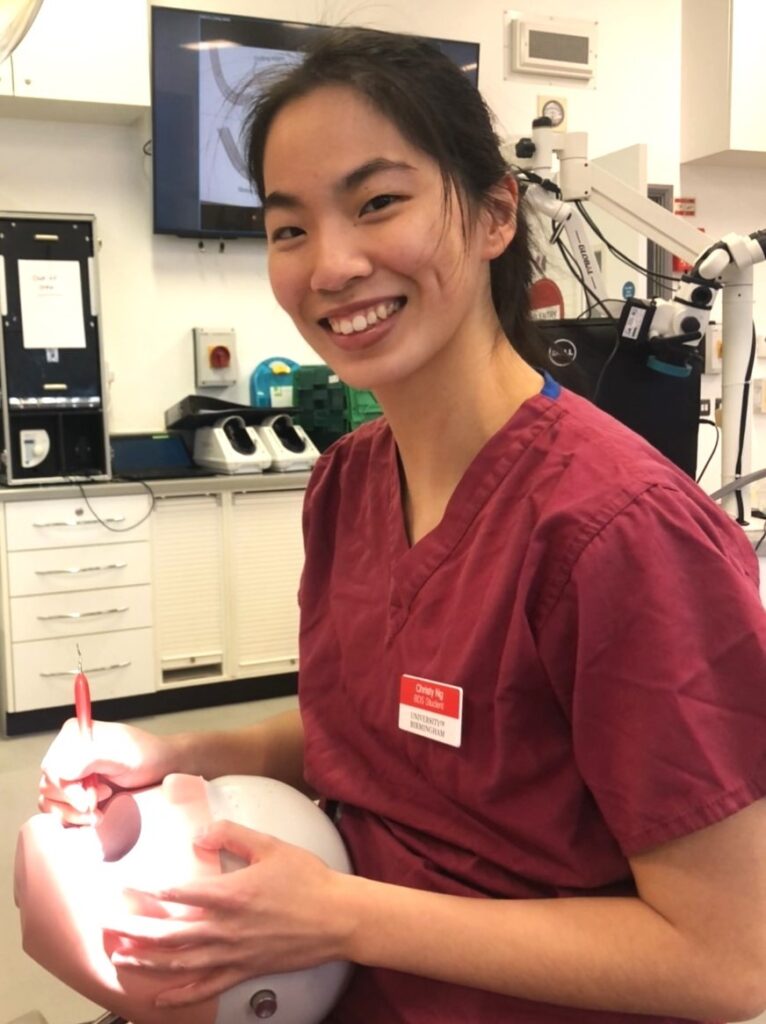
Although dental school is fun and exciting, it is no secret that there are many challenges too – compared to other university courses, we often have longer terms and shorter holidays. When we finally approach the end of term, whilst tempting not to do anything during the break, it is best to plan in advance and make the most of the few weeks off. I have put together some tips to help you make full use of the holidays, ensure you relax and have fun whilst also using the time to support your university studies.
- Plan ahead with fun activities
Thinking ahead and organising things to look forward to, can act as great motivation to work hard through the last weeks of term. With busy timetables, it can be easy to fall out of touch with your friends and family. Whether planning simple activities such as going for a walk or coffee, or even exploring another country together, these can be good ways to catch up and reconnect. Without a rough plan, the days can easily merge into each other, and the holiday passes more quickly than you think!
- Keep up good habits
Whilst relaxing during the holiday, it is beneficial to maintain any healthy habits you develop at university – whether it be weekly runs, yoga classes or even daily meditation. As Dentistry can be a stressful degree, having methods to destress and unwind can be invaluable, and keeping these up, can provide structure to your day and will not seem like a chore once term begins again.
- Try something new
With extra free time, the holidays can be a great time to try something different. Being in a different environment outside the ‘dentistry bubble’ can be refreshing, and enables you to strengthen essential skills such as communication and teamwork. You could join a local sports club, pick up a new hobby or find a holiday volunteer/job role.
- Review and reflect
Reviewing does not mean having to revise every lecture and clinical term, as it is important to take a break! With high-paced learning and constant absorption of information, taking some time during the holiday to reflect on what you have learned and how much you have progressed can be a fulfilling experience. It is also a useful opportunity for you to make a ‘to-do list’ identifying any new targets (academic or social) and things you want to look over. This helps to streamline focus and separate into manageable targets, which you can gradually make a start on in the holiday if you would like to.
- And if you have upcoming exams
Aside from on clinic, effective time management is a valuable quality especially if exams are nearby. Creating a revision timetable which splits the modules into chunks can be an effective way to ensure you maintain a healthy work-life balance. Split the day into rough segments, write daily manageable goals, and plan time to wind down and rest in between – for example, simply going out for lunch with your friends or learning to cook a nutritious meal. Remember, you will work more productively if you take breaks throughout the day.
There are so many possible things to do during the holidays – use this time to boost your energy and motivation during term. That’s why it is important to try planning ahead to utilise your free time, but remember no matter what you do during the break, make sure to prioritise your well-being and have a well-deserved rest!
Author bio
“I am currently in my third year studying Dentistry at the University of Birmingham. Now having started the clinical years, I have particularly enjoyed seeing my own patients and look forward to exploring new specialties – so far, I find restorative dentistry and oral surgery most interesting. In my spare time, I enjoy sewing and playing badminton.”
Christy Ng

Sign up to our monthly newsletter
Follow us on social media:

